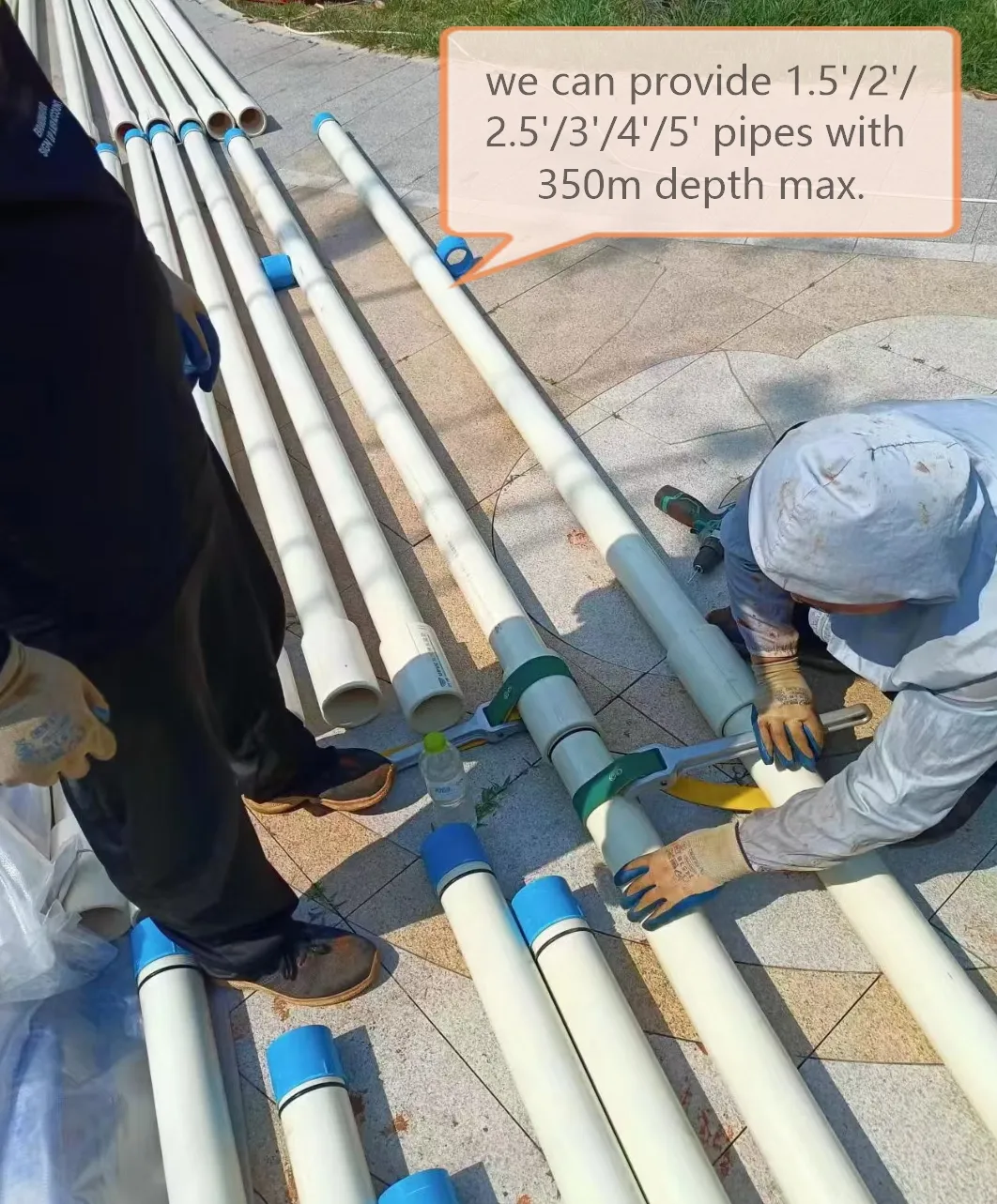Nov . 25, 2024 02:34 Back to list
High-Density Polyethylene Sprinkler Pipes for Efficient Irrigation Solutions in China
High-Density Polyethylene (HDPE) Sprinkler Pipes A Sustainable Choice for Irrigation
In recent years, the importance of sustainable agricultural practices has climbed to the forefront of global discussions. One of the key components of modern irrigation systems is the use of high-density polyethylene (HDPE) sprinkler pipes. These pipes have gained popularity due to their durability, flexibility, and eco-friendliness, making them an ideal choice for farmers looking to enhance their irrigation methods.
What is HDPE?
High-Density Polyethylene is a thermoplastic polymer made from petroleum. It is known for its strength-to-density ratio, making it one of the toughest materials used in piping applications. HDPE is resistant to various chemicals and harsh environmental conditions, which is why it is a favored choice in agricultural irrigation systems. Unlike traditional materials such as metal or concrete, HDPE pipes do not corrode, ensuring a longer lifespan and reduced replacement costs.
Advantages of HDPE Sprinkler Pipes
1. Durability and Longevity One of the most significant advantages of HDPE sprinkler pipes is their robustness. These pipes can withstand extreme temperatures and resist impacts, making them suitable for a wide range of climatic conditions. With a lifespan of 50 years or more, HDPE pipes drastically reduce the frequency of replacements, leading to lower long-term costs.
2. Flexibility HDPE pipes are highly flexible, which allows for easier installation and modification based on the specific needs of the irrigation system. This adaptability is particularly beneficial in uneven terrains or areas where traditional rigid pipes would fail.
3. Corrosion Resistance HDPE is inherently resistant to corrosion and thus is not susceptible to rust or degradation over time. This feature is particularly important in areas with high salinity or chemical exposure, where traditional materials would deteriorate quickly.
china hdpe sprinkler pipe

4. Lightweight and Easy to Handle Compared to metal or concrete pipes, HDPE pipes are significantly lighter. This characteristic not only makes them easier to transport but also simplifies installation processes, resulting in reduced labor costs.
5. Environmental Benefits HDPE is fully recyclable, making it an environmentally friendly option. The production of HDPE pipes typically requires less energy compared to other materials, contributing to a smaller carbon footprint. Additionally, the reduction in leakage problems often associated with traditional piping materials leads to a more efficient use of water resources.
Applications in Agriculture
The use of HDPE sprinkler pipes can significantly enhance irrigation efficiency, ensuring that crops receive adequate water without wastage. These pipes are particularly beneficial in regions with water scarcity, as they help optimize water usage and reduce evaporation losses. With the rising global population and the consequent increase in food demand, efficient irrigation systems are crucial.
HDPE sprinkler systems can be designed to accommodate a variety of crop types, from row crops to orchards. For example, in fruit orchards, the targeted application of water through precision sprinkling can lead to healthier plants and greater yields. Moreover, HDPE pipes can function effectively in both permanent and temporary irrigation setups, offering versatility for diverse farming operations.
Market Trends and Future Prospects
As the world increasingly pivots towards sustainable agricultural practices, the demand for HDPE sprinkler pipes is expected to rise. According to industry forecasts, the global market for HDPE piping systems is projected to expand significantly over the next decade. Factors such as ongoing investments in agricultural infrastructure, the need for efficient irrigation systems, and the growing awareness of water conservation practices are driving this growth.
In conclusion, high-density polyethylene sprinkler pipes represent a transformative solution in modern irrigation. Their durability, flexibility, and sustainability make them an essential component for any efficient agricultural system. By investing in HDPE technology, farmers can not only enhance productivity but also contribute to a more sustainable future for agriculture. As we look ahead, the integration of advanced irrigation technologies, including HDPE sprinkler systems, will be vital in meeting the global food demands while preserving our precious water resources.
-
High-Quality PVC Borehole Pipes Durable & Versatile Pipe Solutions
NewsJul.08,2025
-
High-Quality PVC Perforated Pipes for Efficient Drainage Leading Manufacturers & Factories
NewsJul.08,2025
-
High-Quality PVC Borehole Pipes Durable Pipe Solutions by Leading Manufacturer
NewsJul.08,2025
-
High-Quality PVC Borehole Pipes Reliable PVC Pipe Manufacturer Solutions
NewsJul.07,2025
-
High-Quality UPVC Drain Pipes Durable HDPE & Drain Pipe Solutions
NewsJul.07,2025
-
High-Quality Conduit Pipes & HDPE Conduit Fittings Manufacturer Reliable Factory Supply
NewsJul.06,2025

